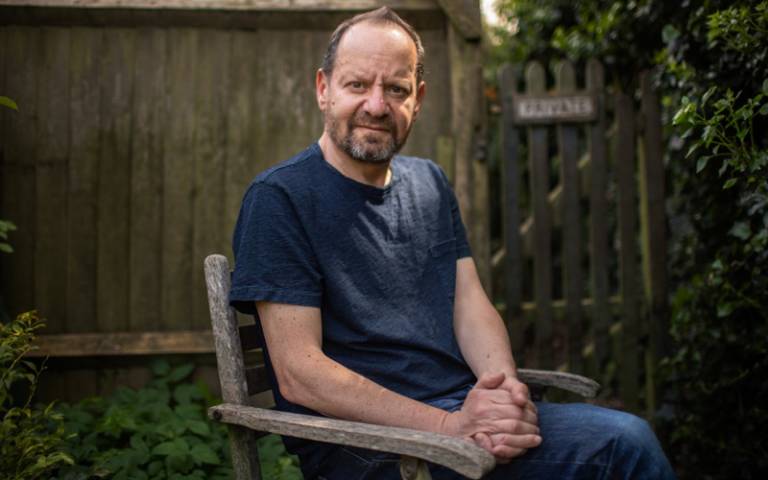Opinion: Putin’s crimes of aggression must be tried in court
29 March 2022
There is currently no way for the crime of aggression in Ukraine to be investigated, which could mean that the people at the top are let off the hook says Professor Philippe Sands (UCL Laws).

The decision to wage a war in Ukraine, and to continue its prosecution, is manifestly illegal. It cannot be justified under international law, since it does not amount to self-defence, has not been authorised by the Security Council, and serves no humanitarian purpose. Quite the opposite.
This war gives rise to individual criminal responsibility for those who have prosecuted it: President Putin, his inner circle, its financiers and others who contribute materially. At Nuremberg the idea was introduced by the Soviet jurist Aron Trainin, as a crime against peace, and the judges called it “the universal crime”. Today it is known as the crime of aggression.
The crime can be prosecuted under the national law of many countries, including Russia and Ukraine.
It cannot, however, be addressed by the International Criminal Court (ICC) in the Hague, which only has jurisdiction over war crimes (the manner in which the war is conducted, including the targeting of civilians); crimes against humanity (the systematic destruction of individuals); and genocide (the intentional destruction of groups).
There is no other international tribunal before which the crime of aggression in Ukraine can be investigated.
This is therefore a gap in the system, and this gives rise to a serious problem: the crime of aggression is the only one that can target with certainty those who are most responsible for the horrors being heaped on millions of human beings.
Maybe it can be proved that Putin and those in his inner circle are personally responsible for the war crimes and crimes against humanity that appear to be being committed, many of which are now under investigation by the ICC prosecutor. But it is far from certain that the evidence will lead all the way to the top.
There is a real and awful possibility that several years down the line, the ICC will find itself prosecuting individuals who have done terrible things, but not the main individuals who have done the most terrible things.
This is why, three weeks ago, I wrote an article proposing the creation of a special criminal tribunal to investigate the individuals who have waged this most terrible war.
President Zelensky and Dmytro Kuleba, the Ukrainian foreign minister, have called for the creation of such a tribunal, an international mechanism, maybe based in the Hague, to support the important but limited efforts of the ICC, addressing the crime of aggression under Ukrainian and international law.
The call is supported by dozens of former prime ministers and presidents, and a petition led by Avaaz has attracted nearly 1.5 million supporters in just a few days. Even as I write, legal advisers from several European governments are considering how such a tribunal could be created.
Why do it? A special criminal tribunal could be created in weeks and issue indictments before the summer. This would offer hope and solidarity to Ukraine and its people.
Lord Dannatt supports the idea as it would bolster morale and assist in the armed struggle. It would further deligitimise Putin, and would create an incentive for some within his circle to peel off, as senior Nazis did in the spring of 1945.
It would offer leverage in future negotiations. It would signal that our values and principles matter, that impunity at the top is not an option.
The British government has been asked to support Ukraine in this effort. It is hesitant, despite the active support of two former British prime ministers, Sir John Major and Gordon Brown.
This, I am told, is not because of any legal or operational concerns, or for real issues of principle, but because Whitehall worries about the precedent that might be set. Anxiety about the future was not a reason for opposing Nuremberg in 1945, and it cannot be a reason for opposing a special criminal tribunal today.
To dither is to let Putin off the hook — and to abdicate Britain’s leadership role on matters of international criminal justice. The law has a special power, distinct from sanctions and the provision of materiel. To pass in silence on the crime of aggression that is being perpetrated on so massive a scale will send the worst possible signal.
This article first appeared in The Times on 29th March 2022.
Links
- Original article in The Times
- Professor Philippe Sands’s academic profile
- UCL Laws
 Close
Close

